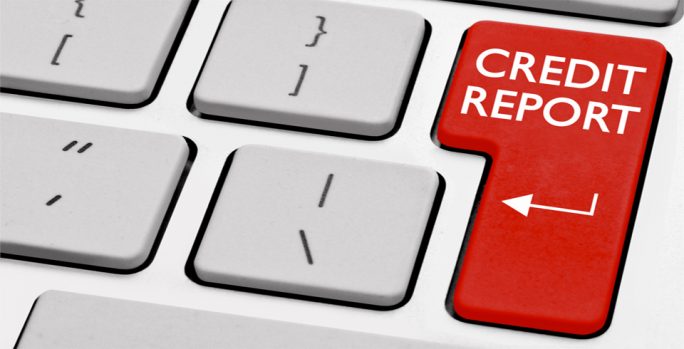How Can I Get My Credit Report for Free?
There are many ways to get your credit report, even for free. You can get your credit report by phone, by mail or online.
There are 3 different credit bureaus that you should be concerned with: Experian, Equifax and TransUnion.
Getting Your Credit Report for Free Online
You can obtain a credit report through each one of these credit bureaus annually, via AnnualCreditReport.com. It’s 100% free to use and you can get one report through each one – once per year.
If you’ve used up your annual credit report you can purchase your report through each bureau, or you can use a service such as MyFICO.com to purchase all 3 at once. The choice is yours, but you may be able to find a deal with a quick search.
Some of these “3rd party services” are actually owned by the bureaus, too. You will be able to get access to your credit score through some of these services as well, usually through a free 30 day trial. However, you should note that you can get a credit score through CreditKarma for free. This service uses an average of scores to provide you with a pretty accurate score that you will find from each bureau. The service comes in handy and will save you around $20 per month.
Getting Your Reports for Free via Mail
You can get your credit reports by mail, even if you use a service like AnnualCreditReport.com, which is free (explained above). You should see a link on the site that tells you how to get your report by mail. You can print out the form and mail it in. You’ll need a few items for proof/verification that you are who you say you are. This can be a copy of your drivers license and social security card, or maybe a utility bill (see their list for more info).
You can then send the form by mail to:
Annual Credit Report Request Service
PO BOX 105281
Atlanta, GA 30348-5281
Getting Your Credit Report for Free by Phone
You can call the Annual Credit Report office to order your free credit report. The number is 1-877-322-8228. Simply follow the automated prompts and listen closely. You’ll be asked personal information as a part of their security measures and verification process to ensure that you’re not trying to commit fraud or identity theft. You’ll have to enter in your social security number, name, date of birth, as well as your home address and previous addresses that you have used in the past.
You should receive your credit reports within a few weeks of receipt, but in some cases it may take a bit longer.
You may also obtain a free credit report if:
- You are unemployed and looking for a job within the next 60 days
- You are on welfare
- You are a victim of identity theft
- You are denied credit, insurance or employment (60 days from denial)
- Your credit card or bank charged you higher fees based on your credit file
- You were told by a collection agency they have reported negative information on your credit report
Remember that, by law, you are entitled to a free credit report from each bureau each year. There is no need to pay for one unless you use that ‘credit’ up for the year on each bureaus report.
Using a monitoring service such as MyFICO is a smart choice for those who are actively seeking to keep their credit moving upwards. Identity theft happens more often than you think, so using a monitoring service is a smart idea, even for those who have poor credit, but are trying to fix it.
Use your credit reports wisely. Dispute any errors that you find, immediately. This should be something that you do the day that you find any negative items that you are not familiar with. The bureau must contact the collection agency or creditor and ask for proof as to why there are negative item(s) listed. The bureaus have 30 days, from receipt of receiving the disputes, to either remove the items or give you an explanation of why they were not removed.
By being proactive – you are helping your credit, which could eventually help you and your loved ones in emergency situations, when you really need credit. Stay on top of your credit and be sure to check your credit reports several times per year, if you choose to not use a monthly monitoring service.
Also remember that credit can affect insurance rates, employment opportunities and can cause other issues as well. Your credit report can say a lot about who you are, even if it doesn’t truly represent you, as a person. Unfortunately, Employers, Banks and Insurance companies are there to make money, not to judge you on your good deeds. They need to know whether or not they can trust you with their money and make the payments that you have promised to make.

